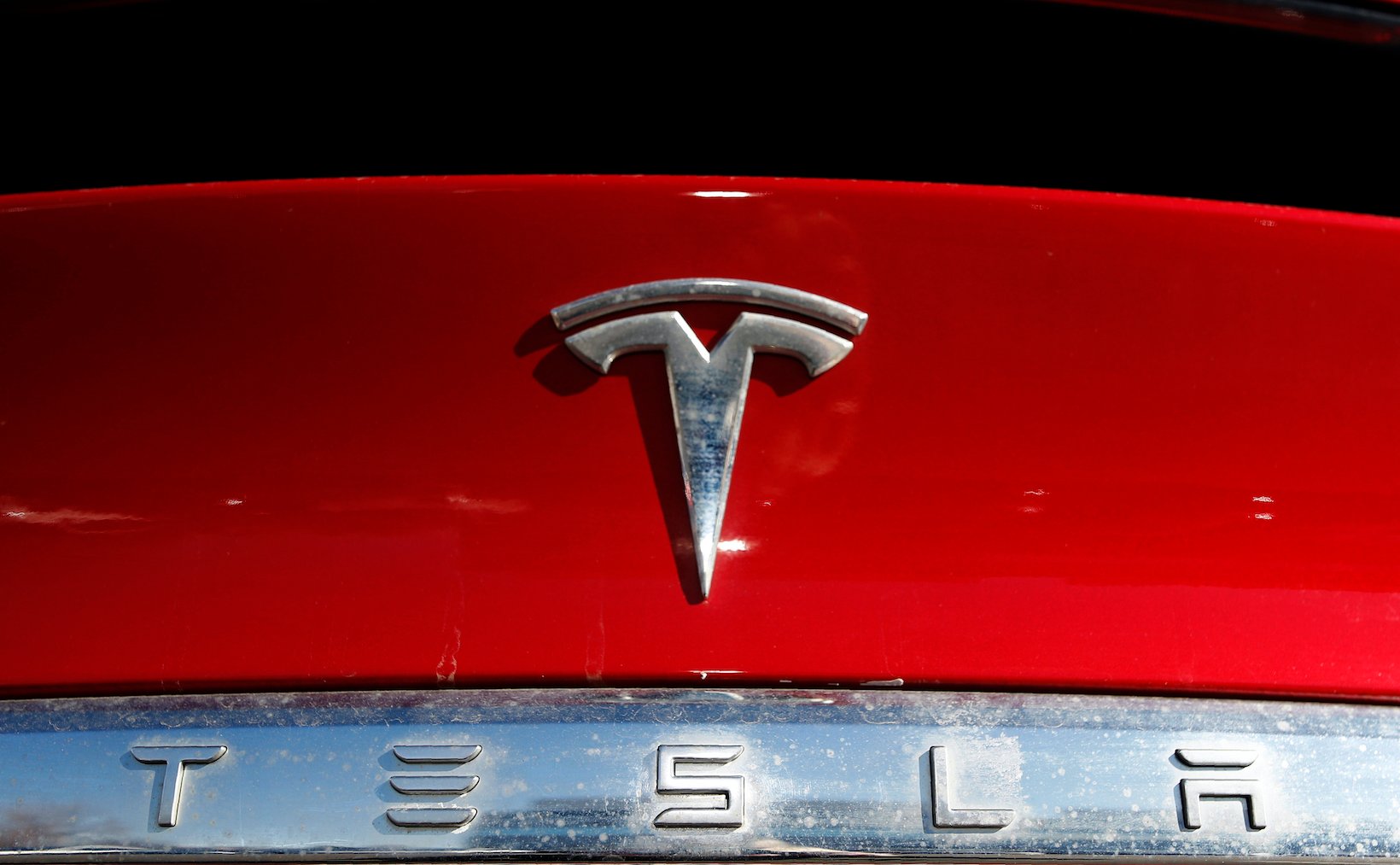WILMINGTON, Del. (AP) — The head of Tesla's board of directors testified Tuesday in a shareholder lawsuit challenging a 2018 compensation plan for CEO Elon Musk potentially worth more than $55 billion that she was less concerned about how much time Musk would commit to the company than in the results he could bring.
“We didn’t talk about time,” Robyn Denholm said when asked about her discussions with Musk about the compensation plan, which didn’t include any requirement on how much time he would devote to the company, as opposed to his other business ventures.
“He was focused on achieving results, not on any quantum of time he would need to spend,” Denholm said. She added that she doesn’t know how many hours Musk — who last month took over Twitter after paying $44 billion for the social media platform — devotes to Tesla.
“I’m not concerned about time,” added Denholm, who was a member of the compensation committee at the electric car and solar panel maker that developed the plan. “I know periods of time where he is sleeping on the factory floor.”
The lawsuit alleges that the performance-based stock option grant was negotiated by the compensation committee and approved by Tesla board members who had conflicts of interest due to personal and professional ties to Musk, including investments in his companies. It also alleges the shareholder vote approving the compensation plan was based on a misleading proxy statement.
The lawsuit alleges that the proxy wrongly described members of the compensation committee as “independent,” and characterized all of the milestones that triggered vesting in the stock options as “stretch” goals meant to be difficult to achieve, even though internal projections indicated that three operational milestones were likely to be achieved within 18 months of the stockholder vote.
Attorneys for the defendants have noted that two institutional proxy advising firms that urged shareholders to reject the plan nevertheless noted that it would require “significant and perhaps historic achievements” and require growth that “appear stretching by any benchmark.”
“I thought they, at the time, were quite audacious,” Denholm said of the milestones.
The plan called for Musk to reap billions if Tesla hit certain market capitalization and operational milestones. For each incidence of simultaneously meeting a market cap milestone and an operational milestone, Musk, who owned about 22% of Tesla when the plan was approved, would get stock equal to 1% of outstanding shares at the time of the grant. His interest in the company would grow to about 28% if the company’s market capitalization grew by $600 billion.
Each milestone in the plan includes growing Tesla’s market capitalization by $50 billion and meeting aggressive revenue and pretax profit growth targets. Musk would receive the full benefit of the pay plan, $55.8 billion, only if Tesla hit a market capitalization of $650 billion and unprecedented revenue and earnings within a decade.
To date, Tesla has achieved all 12 of the market capitalization milestones and 11 operational milestones, resulting in the vesting of 11 of the grant’s 12 tranches and providing Musk over $52.4 billion in stock option gains, according to the lawsuit. Since the grant was awarded, Tesla’s market capitalization has increased from $59 billion to more than $613 billion now, having briefly hit $1 trillion early this year. Musk has sold Tesla stock to finance the Twitter purchase, adding downward pressure on the shares.
Shares of Tesla and other automakers have been battered this year, but the Austin, Texas, company earned $5.5 billion in 2021, blowing away the previous year’s profit of $721 million. It also produced a record 936,000 vehicles, nearly double vehicle production in 2020.
Attorneys for the plaintiff have suggested that incentivizing Musk to remain at Tesla’s helm by offering a huge compensation package was unnecessary, because he’s never suggested that he might leave. They’ve also suggested that Musk’s true motive in negotiating the package was to fund his dream to colonize Mars.
Denholm said the primary issue was not how Musk might spend the proceeds of his option grants, but ensuring that he was motivated and committed to Tesla’s success.
“Quite honestly, I don’t know how much it costs to do any interplanetary travel,” she said.
In a November 2017 email to former Tesla General Counsel Todd Maron, Musk expressed optimism that the compensation package would be seen in a favorable light.
“Given that this will all go to causes that at least aspirationally maximize the probability of a good future for humanity, plus all Tesla shareholders will be super happy, I think this will be received well,” he wrote, adding that “it should come across as an ultra bullish view of the future.”
__
By RANDALL CHASE AP Business Writer
Subscribe to Closing Arguments
Sign up for new weekly newsletter Closing Arguments to get the latest about ongoing trials, major litigation and hot cases and rulings in courthouses around the U.S. and the world.









